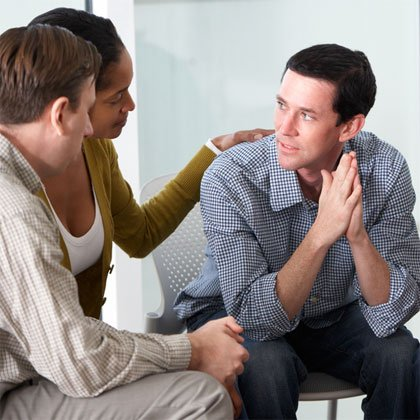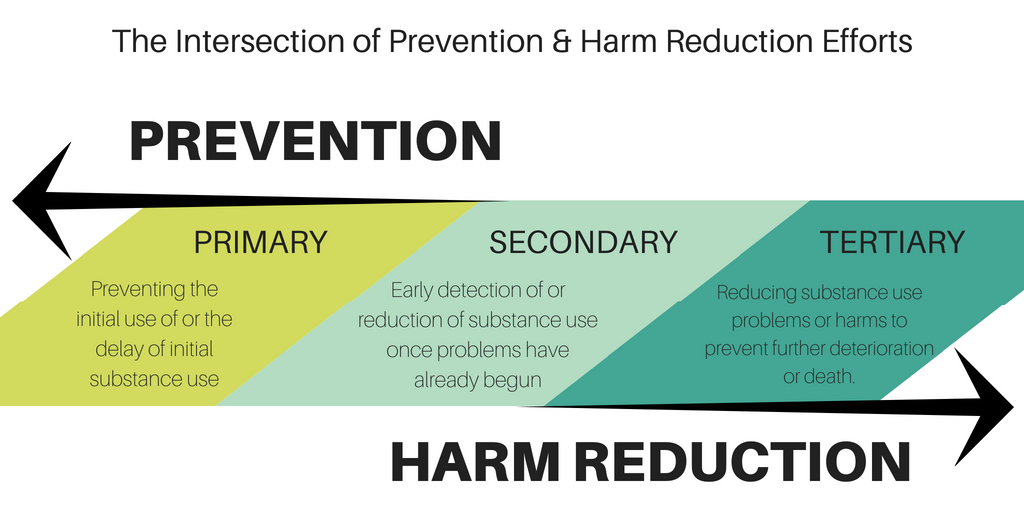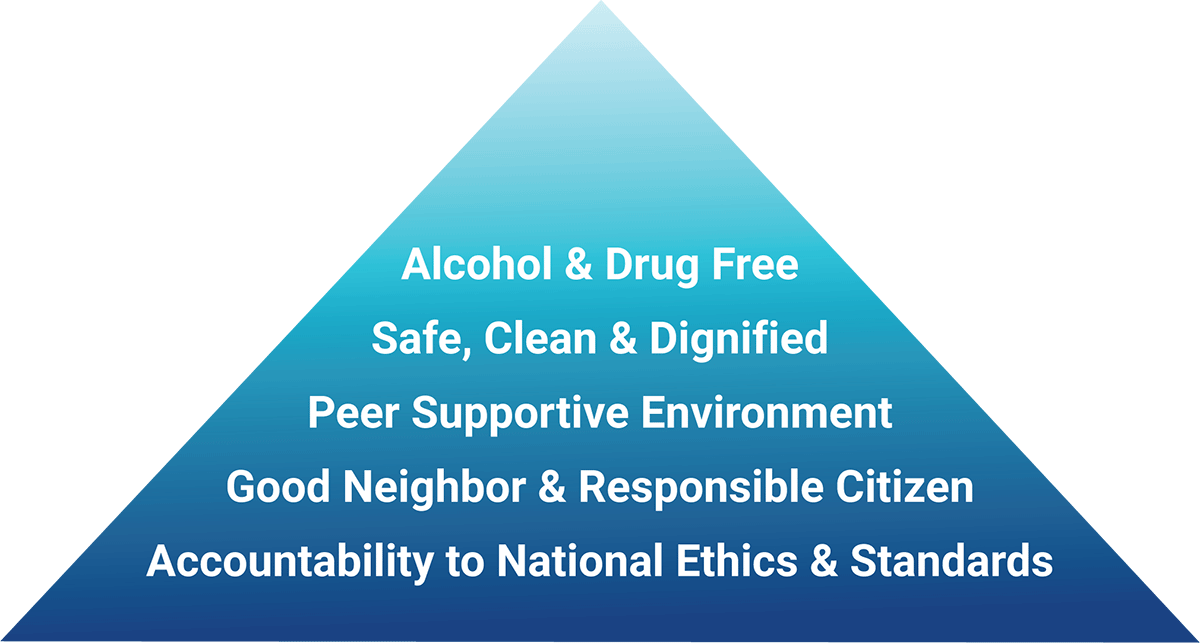

As our community struggles with the epidemic of addiction and substance use disorder, we work to connect you with resources. Learn about Recovery Friendly Workplaces, or Narcan for overdose help, and see other resources.
The Peer Support Action Committee is working to support existing Peer Support Specialists (PSS), as well as to expand the number of PSSs and PSS employers in Missoula. In this work, SUDC frequently collaborates with Montana’s Peer Network, which provides a variety of training services and support.
What are Peer Support workers?
"Peer support workers are people who have been successful in the recovery process, and who then help others experiencing similar situations. Through shared understanding, respect, and mutual empowerment, peer support workers help people become and stay engaged in the recovery process and reduce the likelihood of relapse. Peer support services can effectively extend the reach of treatment beyond the clinical setting into the everyday environment of those seeking a successful, sustained recovery process." (SAMHSA)
Learn more
The Harm Reduction Action Committee is seeking ways to introduce or expand strategies that reduce the harms encountered with drug and/or alcohol use and encourage first steps to treatment.

What are Harm Reduction strategies?
"Harm reduction is a proactive and evidence-based approach to reduce the negative personal and public health impacts of behavior associated with alcohol and other substance use at both the individual and community levels. [Using seat belts and car seats, or taking an Uber home after drinking instead of driving are examples of harm-reduction strategies.]
Harm reduction is an important part of... [a] comprehensive approach to addressing substance use disorders through prevention, treatment, and recovery where individuals who use substances set their own goals. Harm reduction organizations incorporate a spectrum of strategies that meet people 'where they are' on their own terms, and may serve as a pathway to additional prevention, treatment, and recovery services. Harm reduction works by addressing broader health and social issues through improved policies, programs, and practices." (SAMHSA)
Learn moreThe Recovery Residences Action Committee is identifying the number and type of recovery residences located within Missoula County, with a general goal of finding ways to expand the capacity to effectively serve people in recovery.

What are Recovery Residences?
"Recovery residence" (RR) is a broad term describing a sober, safe, and healthy living environment that promotes recovery from alcohol and other drug use and associated problems. Many thousands exist in the United States, varying in size, organization, and target population. At a minimum, RRs offer peer-to-peer recovery support with some providing professionally delivered clinical services all aimed at promoting abstinence-based, long-term recovery." (National Alliance for Recovery Residences)
Learn more